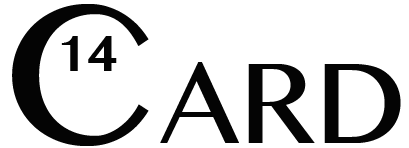CARD fuzzes location data for public visitors to the database. Accessing CARD's full capabilities requires an account available only to researchers at accredited institutions.
Canada / BC / EdRk-8 (Lehman) / I-2367
- Lab number
- I-2367
- Field number
- CMC- 120
- Material dated
- deer bone collagen; collagène osseux de cerf
- Taxa dated
- Odocoileus sp. and unidentified mammal
- Locality
- small terrace in Lochnore Creek valley, tributary to Fraser River, British Columbia
- Map sheet
- 92 I/12
- Date uploaded
- February 14, 2020
- Normalized Age
- 6730 ± 110
- δ13C (per mil)
- -20.0
- Significance
- Early Nesikep; Nesikep ancien
- Context
- zone II, Horizon B, yellow sand and clay, increasingly gravelly downward
- Comments
- EdRk-8, Lehman: Located in Mr. Lehman's 18 x 50 m garden, the site was undoubtedly larger in aboriginal times. It was originally covered with sagebrush, grass, pine, and fir. Housepits were once plainly visible, but more than a decade of ploughing and grading has all but obliterated the depressions (Sanger 1970: 28). GSC-404 consisted of two small charcoal samples found at the junction of Zones I and II, combined and combusted with inert gas used to build up sufficient pressure for a count. The resulting date is too recent for the lower component (Zone II), which should be older than components dated between 2600 and 3200 rcybp. The date is reasonable for the upper component, Zone I (Sanger 1970: 103-104). I-2367, from Zone II, is the earliest date in the Lochnore-Nesikep sequence. Lacking charcoal from this component, about 1000 g of broken bone, mostly deer, was sent to Isotopes, Inc. for a date based upon the collagen content (Sanger 1970: 104; see discussion of Sanger's misgivings about this date, pp. 104-105, but the conclusion that while older than expected it is plausible [Wilmeth 1978a: 71]).

